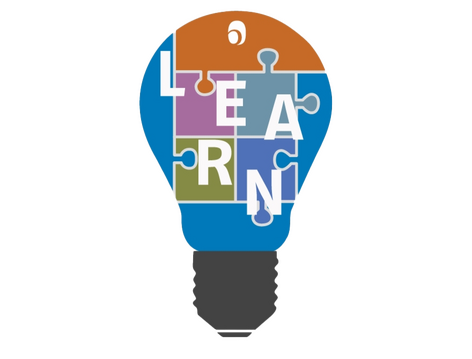
Flexible Learning Environment
Safeguarding Oneself when Engaging in Social Networking Sites 📄
1. A social networking account has passwords and login details. Secure passwords and keep them private.
2. Log out every time you use public computers.
3. Regularly check privacy settings of social networking websites so that only direct friends or those particularly known can see the post.
4. Online posts are saved and may become a permanent part of their online reputation. As you use the Internet, you leave a digital footprint which can be traced back to you.
5. Do not accept invites from contacts unless you know them personally or you are sure of their identity.
6. Seriously considered the effect of possible posts on others before deciding to do so.
7. Using appropriate language is essential. the tone when communicating or sending social networking messages should be respectful.
8. Better be safe than sorry. You should accept friends and connections when you are sure of the person’s identity.
9. When there is an indication of harassment or abuse, it is advised that you report this by clicking the report button of abuse.
10. Bullying takes place even in social networking sites. Cyberbullying uses the sites messages updates and other function to harass, intimidate, humiliate, taunt or pick on the individual. When this happens, you can do the following actions.
a. ignore the behavior by not responding at all.
b. block the person.
c. click the report button of abuse; or
d. talk to trustworthy adult about it.


BENEFITS OF USING SNS
1. Convenient connection to people across borders.
2. Easy access to information.
3. Support learning and educational activities
DANGERS OF USING SNS
1. Making friends with a stranger online who is probably a predator or a cyberbully.
2. Trolls that can cause or instigate misunderstanding, conflict and emotional manipulations.
3. Getting hooked on the internet and forget about the real world resulting to incapacitated social abilities.